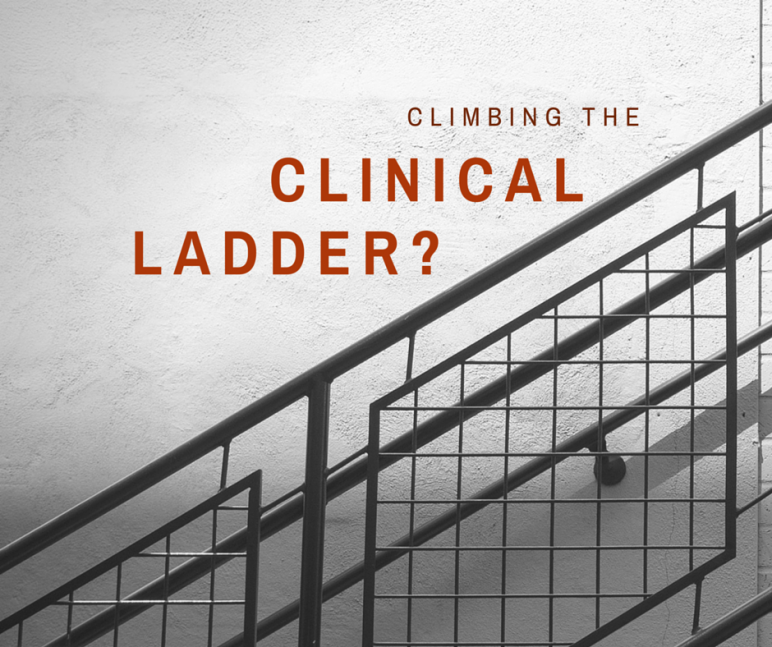Stroke
Thrombolysis Safe in Mild Stroke
Jose G. Romano, MD and colleagues reported in the April issue of JAMA Neurology that few treatment complications were seen when treating patients who experienced mild strokes with tissue plasminogen activator (tPA). Mild strokes are defined by an NIHSS score of 5 or less. The study did not address long-term outcomes in the mild-stroke population.
Monitoring Improves NOAC Adherence
Mintu P. Turakhia, MD reported in April issue of JAMA that adherence to new oral anticoagulant (NOAC) dabigatran was highest when pharmacists assisted in monitoring compliance. Dabigatran is one of four fixed-dose NOACs that have been approved as alternatives to warfarin for reducing stroke risk in patients with Afib.
Heart Failure
Ivabradine for Heart Failure Gets FDA Nod
The FDA approved the first new drug for heart failure since 2005---invabradine---approved to "reduce hospitalization from worsening heart failure."
Acute MI
New Strategy can Help Determine Heart Attack in Patients Within One Hour
Results are in from a larger-scale clinical trial for an high-sensitivity cardiac troponin T algorithm (hs-cTnT) which accelerates treatment for patients suspected of having acute MI. The test allows for safe rule-out and 75 percent accurate rule-in. ACVP blog discussed a similar, gender-specific test in January, which found that high-sensitivity is necessary for more accurate diagnosis of heart attacks in women.


 The University of Glasgow
The University of Glasgow